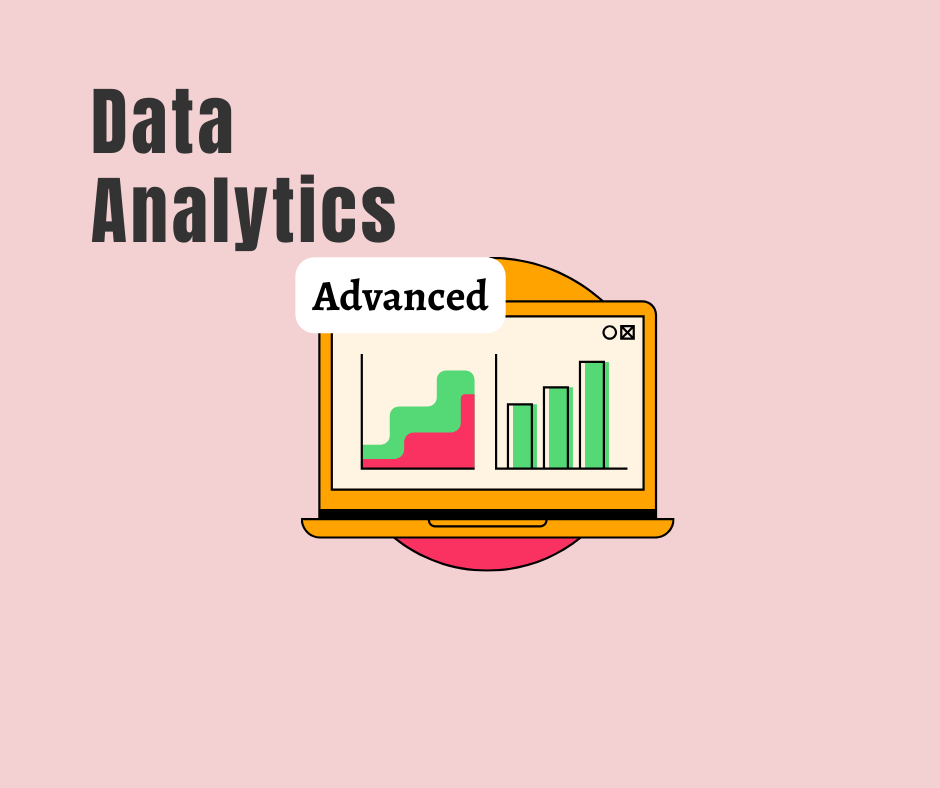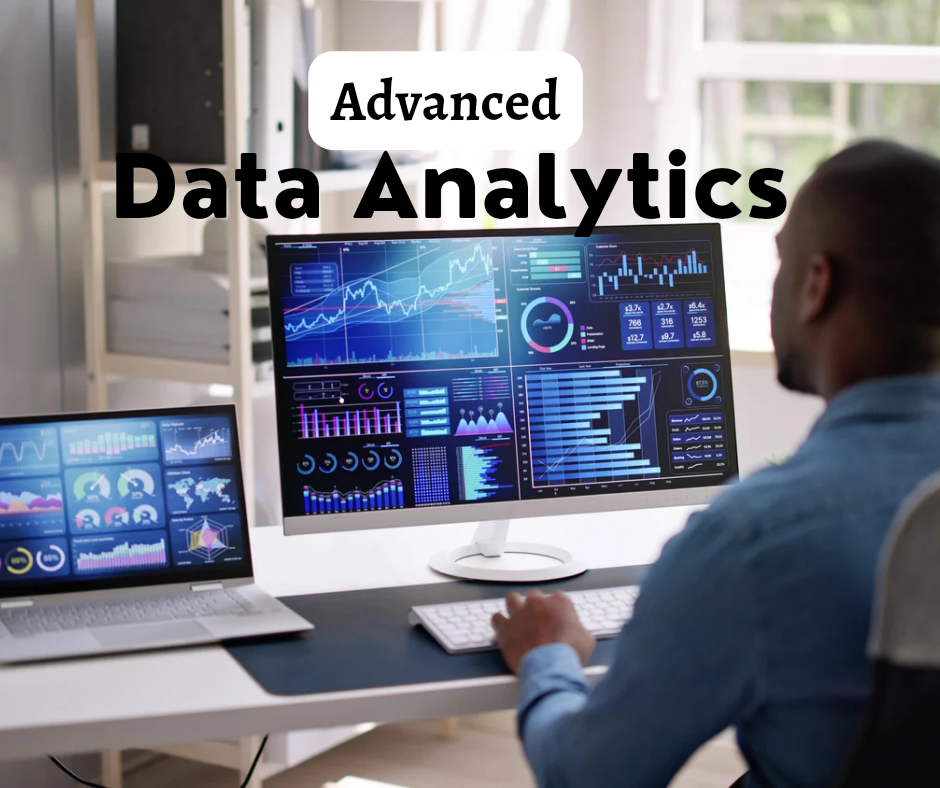Course description
What you'll learn.
Advanced Statistical Analysis: Dive deeper into advanced statistical techniques such as multivariate analysis, time series analysis, survival analysis, and Bayesian statistics. Explore complex modeling methods like hierarchical models and structural equation modeling.
Machine Learning Algorithms: Gain expertise in machine learning algorithms beyond the basics, including ensemble methods (e.g., random forests, gradient boosting), deep learning (e.g., neural networks, convolutional neural networks), and reinforcement learning. Understand how to apply these algorithms to various data types and business problems.
Big Data Analytics: Learn techniques for handling and analyzing large-scale datasets, including distributed computing frameworks like Hadoop and Spark. Understand concepts like MapReduce, HDFS, and Spark RDDs for processing big data efficiently.
Natural Language Processing (NLP): Explore NLP techniques for analyzing and extracting insights from text data. Learn about tasks like sentiment analysis, named entity recognition, topic modeling, and document classification using tools like NLTK, spaCy, and Transformers.
Advanced Data Visualization: Master advanced data visualization techniques for effectively communicating complex insights. Explore interactive visualization libraries like D3.js, Plotly, and Bokeh, and learn best practices for designing informative and visually appealing dashboards.
Time Series Forecasting: Deepen your understanding of time series forecasting methods such as ARIMA (AutoRegressive Integrated Moving Average), SARIMA (Seasonal ARIMA), Prophet, and LSTM (Long Short-Term Memory) neural networks. Learn how to model and forecast time-dependent data accurately.
Optimization and Simulation: Explore optimization techniques for solving complex business problems, such as linear programming, integer programming, and nonlinear optimization. Learn about simulation methods like Monte Carlo simulation for modeling uncertainty and risk analysis.
Data Mining and Pattern Recognition: Delve into data mining algorithms for discovering hidden patterns, associations, and anomalies in data. Learn about clustering algorithms (e.g., k-means, hierarchical clustering), association rule mining, and anomaly detection techniques.
Ethical Considerations and Bias Mitigation: Understand the ethical implications of data analytics, including privacy concerns, data biases, and algorithmic fairness. Learn how to mitigate biases and ensure ethical use of data in decision-making processes.
Advanced Data Wrangling: Master advanced data wrangling techniques for cleaning, transforming, and preparing complex datasets. Explore tools like pandas (Python) or dplyr (R) for efficient data manipulation and transformation.
Real-World Applications and Case Studies: Apply your advanced data analytics skills to real-world projects and case studies across various industries, such as finance, healthcare, marketing, and e-commerce. Practice solving complex business problems and presenting actionable insights to stakeholders.
By advancing your skills in these areas, you'll be well-equipped to tackle challenging data analytics tasks, drive impactful insights, and make informed decisions in your professional career.
Keep learning, experimenting, and staying updated with the latest developments in the field to maintain your expertise, join our forum.





